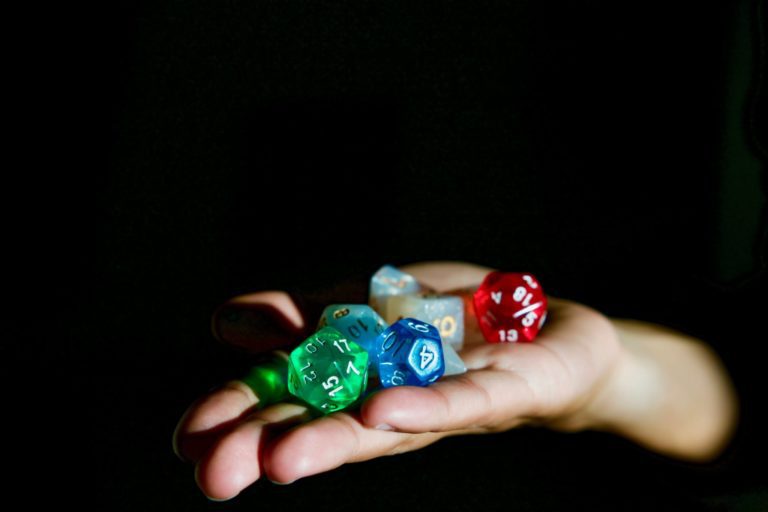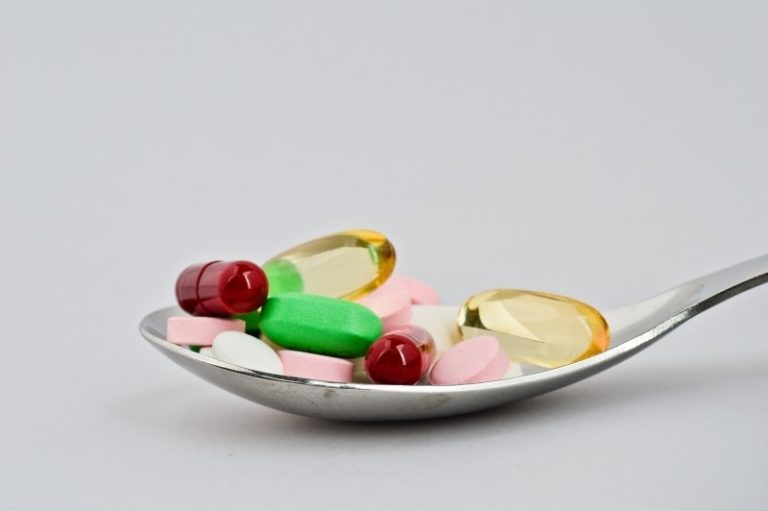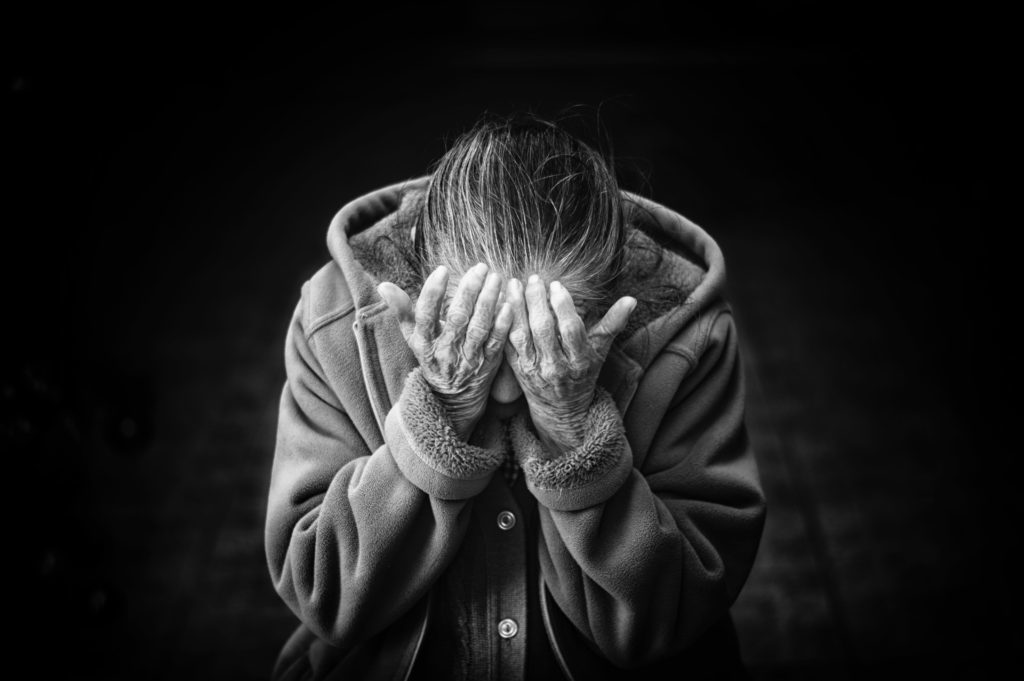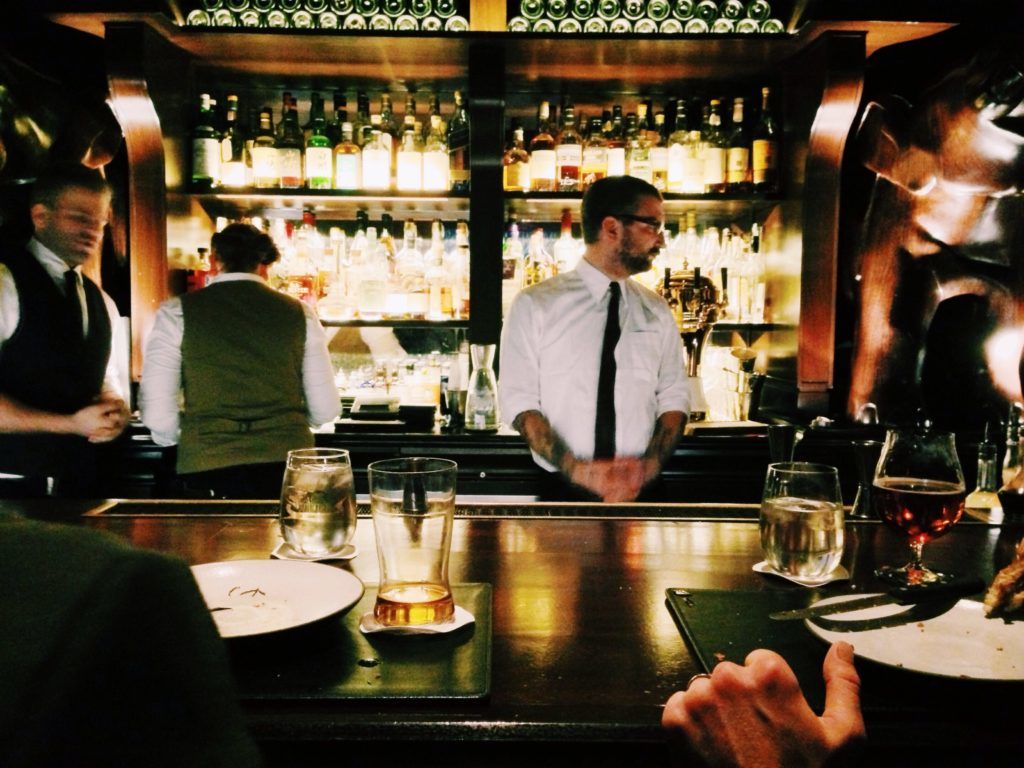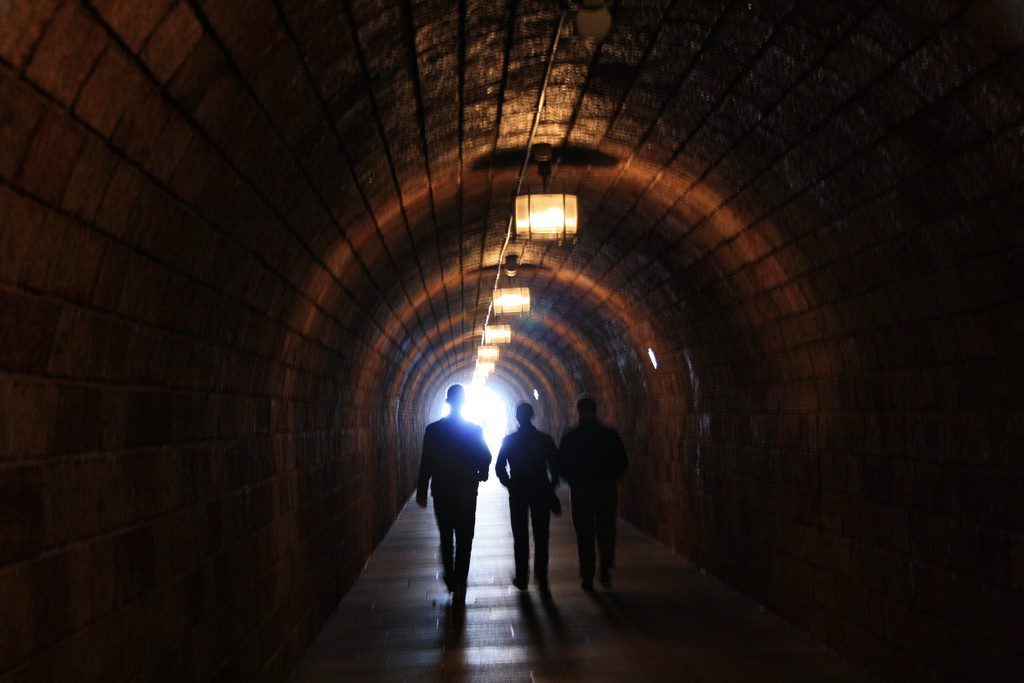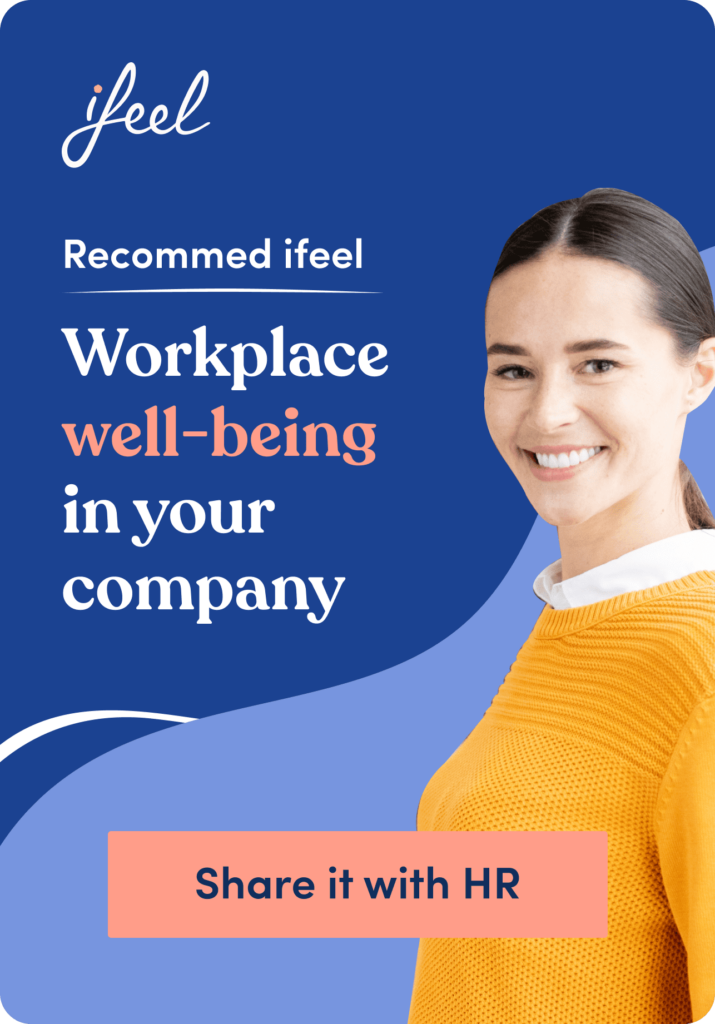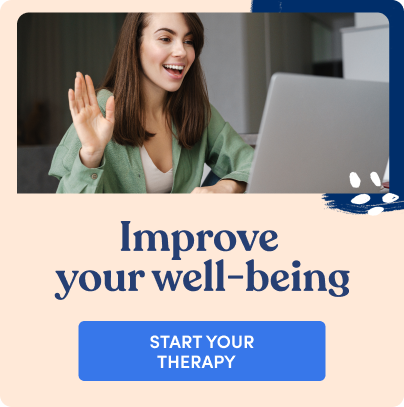You told yourself that you didn’t need it and that you could quit whenever you wanted, but you know that’s not true. Because you can’t just quit. In fact, you’ve tried to quit several times, and every time it seems impossible. You have an addiction problem.
You don’t understand how or when it happened. You don’t understand how you got to this point or at when it started to get out of hand, but it’s been out of your control for a while now. The truth is that you never really were in control, and you know it, but it hurts too much to say it out loud.
You have told countless lies to mask the problem, but the worst part is that you weren’t just lying to other people – you were lying to yourself, too.
One of the main indications of an addiction problem is the constant lying – not only the lies you tell other people, but also those that you tell yourself to escape reality and to avoid facing the truth. This self-deception is one of the toughest problem areas to tackle when trying to combat an addiction problem.
What can you get addicted to?
It is important to note that you can get addicted to many things. We shouldn’t only focus on drugs and other substance abuse, but also on other things (food, video games, etc.), activities (sports, work, sex, shopping, internet, etc) or even relationships and people (emocional dependency).
Some types of addiction may be more normalized or socially accepted than others, but that does not mean that they are less harmful. For example, it is usually not as easy to detect when someone has a shopping addiction than when they are addicted to heroin; we live in a materialistic, consumerist society in which it is considered normal to buy without real need, and of course, shopping doesn’t have the same obvious physical clues as heroin.
However, both types of addiction can be very dangerous. In the case of shopping addiction, the signs are usually not visible until the consequences are serious, and society tends to normalize and downplay the situation so it’s harder to spot when you need an intervention.
When do you finally realize that you have a problem?
When you feel that you can’t go through a day without the object of addiction. When you try to stop, but you feel that you simply cannot. When you had promised to drink only one beer and you end up drinking seven. When you start coming to work hungover, you’re spending much more than you can afford and you’re fighting with your partner about what you did the night before (even if you don’t remember what happened). Even if you have no idea what you did or said, you slowly start to feel like a real shit (pardon the expression). And this isn’t the first time this has happened, nor the second, nor the tenth.
Although at first you may try to minimize it, you realize that something is seriously wrong when you begin to experience withdrawal symptoms. Without the object of your addiction at your fingertips, you get anxious and try to get it by all means. You realize that it has become part of your routine and you miss it a lot when you don’t have it. You know something is wrong when your life begins to revolve around it and it becomes a priority, even in spite of the problems it brings: strains on your relationship, conflict with family or friends, poor work performance, concentration difficulties, changes of mood, physical or emotional discomfort, financial distress… the list is endless.
Of course, it wasn’t always like this. At first it felt good. It provided much-needed relief and distraction from your worries and it seemed like harmless fun. But you do not even enjoy yourself that much anymore, in fact, every time you indulge in the addiction you feel even guiltier. And you know you have a problem precisely because of that: a part of you starts to feel bad when doing it. Sadly, the worse you feel, the more you tend to ‘indulge’.
How do you get out of this vicious cycle?
At this point you’ve been walking through the tunnel of addiction for some time now, although you haven’t realized it yet, or didn’t want to see it.
“Addiction begins when something is abused,
and ends up turning into a necessity.”
When you notice that it’s hard for you to refrain from doing something or that you feel compelled to do something you no longer enjoy, that is the first warning sign.
If you start to notice these signs, ask for help
Ask for help. Seriously, ask for it. I apologize for repeating myself, I do not want to be tiresome, but ask for help: you simply cannot solve the problem by yourself.
Addiction is too heavy a weight to bear by oneself.
It’s better to ask for help than to be rescued.
Asking for help is the first step to improvement and often one of the most difficult. Revealing that you have fallen into the trap is scary, painful, and can shatter your already damaged self-esteem even more. But recognizing that you have a problem is the only thing that can help you, and it will allow you to address the situation and start looking for solutions.
“You do not want to worry people, you do not want them to be angry with you, you want to be able to overcome it on your own, you do not want them to have that image of you, you do not want them to find out, it’s impossible that someone like you could have fallen into something like that, you do not want them to see you fragile or weak, you are ashamed, afraid …”
Shove aside whatever excuse you have for not getting help because if you do not talk, the addiction will end up talking for you, and will do so loudly. And believe me, their screams can hurt (a lot).
In fact, it is very likely that the people around you have already realized that something strange is happening – you just closed your eyes to avoid seeing their reactions.
You are not the only one trying to escape reality
Often addiction stems from much larger underlying issues. Everyone is responsible for their own life, and as such, should be responsible for their actions and the consequences they entail, but addiction (and other problems such as eating disorders) usually has a strong family base.
In addition to the genetic element, there are usually a series of family patterns and relational dynamics that support much of the problem. It is important to look at how the family system has been established, how members communicate or relate with each other, and how they deal with conflicts. That is why an intervention at several levels is required for a comprehensive and successful approach to treating addiction.
To demonstrate the impact that family and friends can have in this type of problem, we can use a metaphor. When there is an addict in a family, they are usually identified as “the problem” or the “black sheep” of the family. Now, what happens when you they start to get professional help?
What happens when “the black sheep starts washing itself?”
Well, the rest of the sheep, in comparison, will no longer look so white and will look a little grayer instead. And of course, this doesn’t always please the entire herd. That is why relatives can sometimes unintentionally impede or hamper the progress of an addict in treatment. An addict taking the step to get professional help can sometimes provoke a family crisis. When they start to initiate important changes in their lifestyle (including the way they think and communicate), these changes will obviously also affect how they act within their personal relationships.
Common problems that people with addiction usually experience are difficulties adapting to a new lifestyle, establishing limits and saying ‘no’. As such, they have to work hard and learn how to say no, not only to the substance or activity that they are addicted to, but sometimes also to the people around them who perpetuate the addiction.
This can lead to conflict. For example, if a mother is not used her addicted son saying “no” to certain types of requests, and he begins to do so often when he is sober, she may not accept it and conflicts may arise between the two that bring the addict closer to frustration, confusion, incomprehension, anger and sadness. Unfortunately, this whirlwind of emotions can, as a consequence, bring you closer to relapsing back to the addiction.
You don’t look like an addict, so you can’t be one, right?
I would like you to picture an addict. Surely many people have in their heads the cliché image of a starved drug addict, probably hooked on heroin, that was so characteristic of the ’80s in Spain.
But what would you say if I told you that this image is completely fictional?
Instead, picture upper-class executives or successful workers with high rates of stress, unending amounts of work, and an addiction to cocaine. Think about housewives who feel unsuccessful and unsatisfied who drink daily at home to disguise their loneliness and to mitigate the pain that causes them to feel under-valued by their family to whom they have devoted their entire lives. Don’t just picture parties and raves with synthetic drugs – think about people who go through devastating breakups, get depressed and subsequently get hooked onto drugs.
Or go even further. What would happen if I told you about your neighbor, the father of a respectable family? How about your co-worker who can’t stop online shopping, or your cousin, who has a normal life but is always a little bit too drunk? What would happen if I told you about your friend, the one who has been smoking pot since he was 15 and leads a normal life and says that ‘it does not affect him’? He smokes because he wants to and because he likes it, but do you think he could stop smoking if he wanted to? Has he not generated a dependence?
People with addiction problems are normal people just like you and me. They are people who are going through a difficult circumstance that ends up triggering an addiction, or who carry a lot of accumulated pain and stress on their shoulders. They are regular people who are just looking for an escape route to alleviate pain, loneliness and fear.
Addiction, an escape route
Often when we speak of addiction, we speak of emptiness, pain, fear and loneliness.
We can hide a lot of pain behind the mask of an addiction: a breakup, past or childhood trauma, sexual abuse, unresolved grief, family secrets, parental negligence, anger management issues, anxiety, depression, fear of loneliness, feelings of guilt … the list is endless.
The important thing is not so much what you are addicted to, but what you are trying to escape from. The object of addiction provides temporary relief like an anesthetic, but the reality is that it is a disguise with too short of a lifespan. It offers only immediate and short-term results; it simply cannot be sustained permanently without damage and serious consequences.
In addition, as the addiction develops, the mechanism and processes that mobilize it are increasingly aggressive and more (self) destructive, both for the addict and their close environment.
Remember, the feeling of emptiness or problems in your life can be resolved in other, healthier ways. It is about discovering which methods of distraction or coping are the most appropriate for each person, supporting them as they confront whatever they are running from, and re-learning new ways of relating to pain.
Does addiction have a cure?
Yes. But what’s more important is putting in a lot of hard work. Getting over an addiction isn’t a sprint – it’s a marathon, and it’s definitely worth it.
A life of addiction is a life condemned to suffering.
With hard work and perseverance, you can escape the tunnel. It’s even easier if you have a strong social support network from friends and family. Of course, getting professional help is the essential first step.
The addiction will not disappear from your life, but you learn to live with it.

